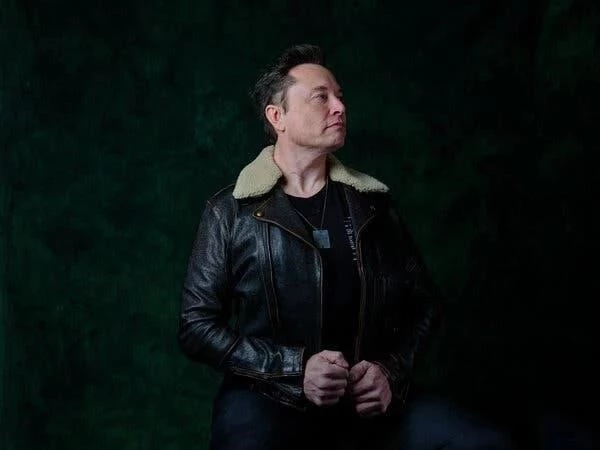The attempt to block X (formerly Twitter) in Brazil highlights the complex interplay between law, technology, and freedom of speech. Several factors contribute to the difficulty in completely restricting access to the platform.
Legal and Procedural Hurdles
Brazilian courts, particularly the Supreme Court, have issued orders to block specific accounts and, at times, the entire platform. However, these orders face legal challenges and are often criticized for a lack of transparency and procedural issues. The broad nature of some orders, like demanding the suspension of entire accounts rather than specific posts, has raised concerns about judicial overreach.

Technical Challenges
Implementing a complete block on a platform like X poses a significant technical challenge. Internet service providers (ISPs) must actively block access, which can be circumvented using tools like VPNs. The use of VPNs by citizens creates a cat-and-mouse game with authorities, making total blocking nearly impossible.
Freedom of Speech Concerns
The conflict also involves fundamental freedom of speech concerns. While there is a need to maintain public order and ensure fair elections, there are worries that regulatory measures can become tools for censorship. The blocking of X has impacted journalism and the sharing of information, raising questions about balancing security and freedom of expression.
Power Dynamics
The situation is further complicated by the power dynamics between the Brazilian judiciary, the platform owner (Elon Musk), and the users. The Supreme Court’s power to conduct investigations and issue orders is significant, and the lack of clear mechanisms for legal review creates an imbalance. The influence of a few powerful figures can lead to abrupt decisions with large impacts.
Historical Context
The challenges faced with blocking X are similar to past difficulties in blocking other platforms, such as Telegram. These instances reveal a recurring pattern where enforcing online restrictions proves complex and often ineffective.
The situation is ongoing with no simple solutions. It is likely to shape how other countries address similar conflicts with social media platforms in the future.


